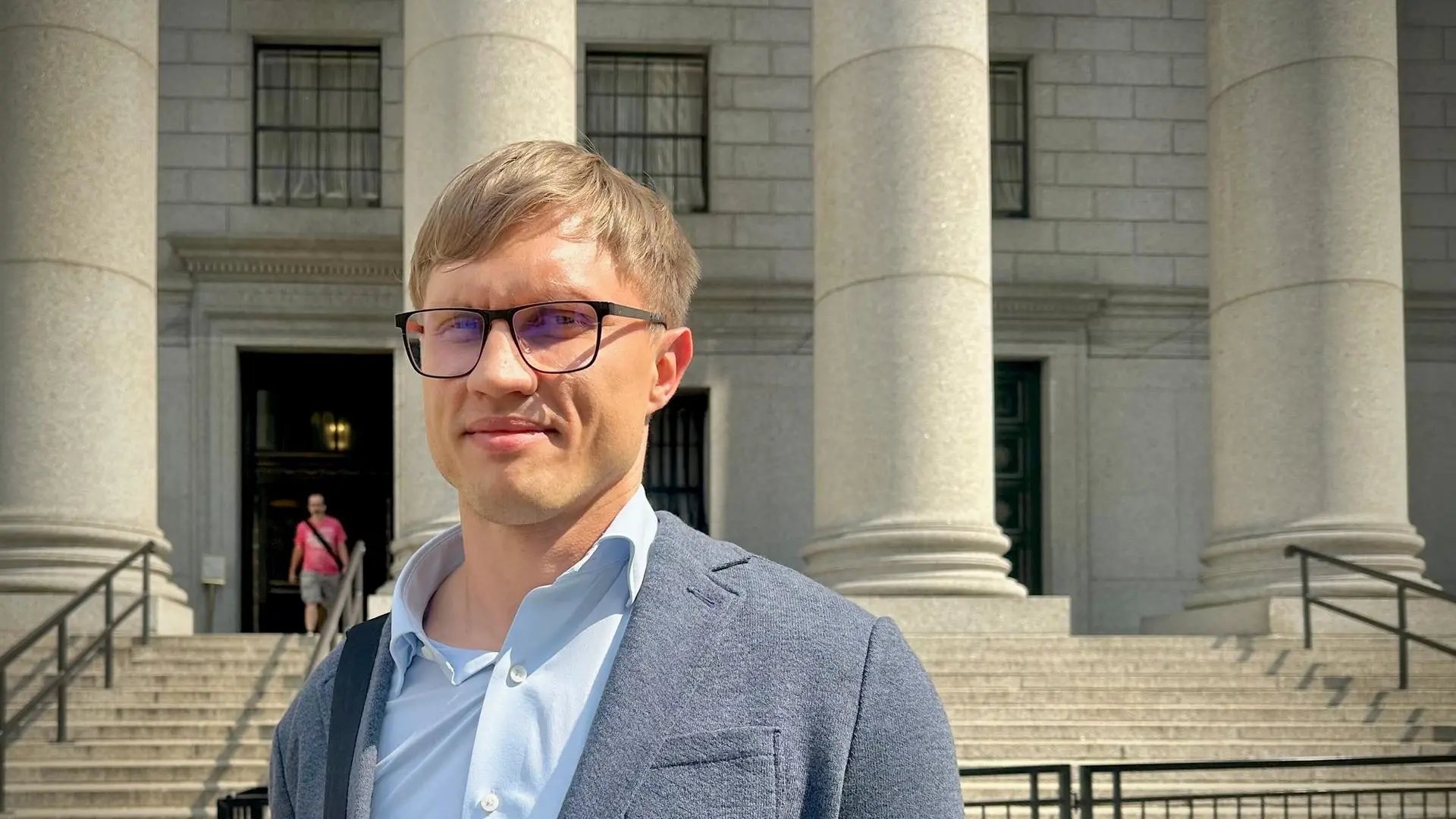Tornado Cash Co-Founder Roman Storm Convicted on Unlicensed Money Transmitter Charge

A Manhattan jury has delivered a mixed verdict in the high-profile case of Tornado Cash co-founder Roman Storm, finding him guilty of operating an unlicensed money transmitter after nearly four weeks of proceedings. The jury, however, could not reach a consensus on charges related to money laundering and U.S. sanctions violations, resulting in a mistrial on those counts. The decision marks a significant moment in the ongoing legal scrutiny of cryptocurrency mixers, which have been at the center of debates over privacy, financial regulation, and national security. Storm and his legal team have vowed to appeal the single conviction, signaling that the case is far from over.
Storm faced charges stemming from his role in operating Tornado Cash, an Ethereum based mixing service that prosecutors allege facilitated over $1 billion in money laundering transactions, including millions for the sanctioned North Korean hacker group known as the Lazarus Group. The guilty verdict on the unlicensed money transmitter charge, referred to as the 1960 count, carries a potential maximum sentence of five years, though Storm is likely to serve only a portion of that if his appeals are unsuccessful. The trial, overseen by Judge Katherine Polk Failla of the U.S. District Court for the Southern District of New York, was described as a “hard-fought case,” reflecting the complexity and contentiousness of the issues at hand.
Stay In The Loop and Never Miss Important Crypto News
Sign up and be the first to know when we publishLegal Battle and Broader Context
The prosecution argued that Storm knowingly operated Tornado Cash in a way that enabled illicit financial activities, claiming he was aware of its use by groups like the Lazarus Group and profited millions from the platform. During closing arguments, they emphasized Storm’s alleged awareness of North Korean hackers exploiting the service, painting him as a willing participant in facilitating criminal activity. However, Storm’s defense team countered that he did not intend for Tornado Cash to be used by malicious actors. They highlighted his dismay upon learning of its misuse by North Korean hackers, with one attorney noting that Storm and his team “dropped F-bombs” in frustration, according to Inner City Press.
Judge Failla’s decision to deny the prosecution’s motion to detain Storm post-verdict suggests confidence in the potential for an appeal, particularly given the shifting regulatory landscape under the Trump administration’s Department of Justice. The so-called Blanche memo, which reflects evolving DOJ stances, may have influenced the 1960 count and could play a role in Storm’s appeal strategy. This partial victory for Storm comes on the heels of another significant case in the crypto space, as Samourai Wallet co-founders Keonne Rodriguez and William Lonergan Hill recently pleaded guilty to charges related to their own Bitcoin mixing service.
The case has drawn widespread attention within the cryptocurrency community, as Tornado Cash has long been a lightning rod for debates over privacy versus regulatory compliance. Supporters argue that mixers like Tornado Cash provide essential privacy protections for legitimate users, while critics, including prosecutors, contend they enable money laundering and sanctions evasion. The jury’s inability to reach a verdict on the money laundering and sanctions charges underscores the complexity of applying traditional financial laws to decentralized technologies. Storm’s appeal will likely focus on challenging the unlicensed money transmitter conviction, potentially setting a precedent for how such cases are handled in the future.

